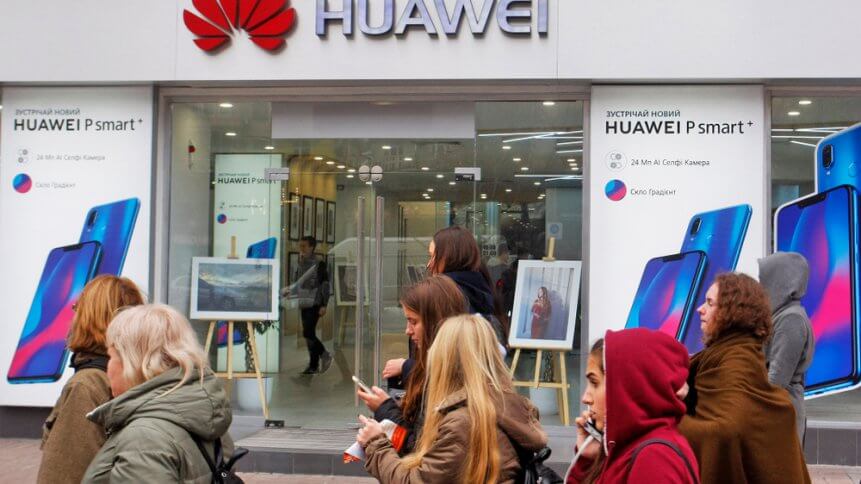Huawei makes AI chip breakthrough (without US parts)

For Huawei, who previously listed 33 US companies as core suppliers for chips and processors, a ban on purchasing US goods was expected to take a hit on R&D at a crucial time.
Several analysts predict the counter effect of this move is Huawei’s redoubled effort to be technologically self-reliant, and a recent ‘AI breakthrough’ might provide further backing for those comments.
Huawei claimed to have developed the world’s fastest artificial intelligence (AI) training cluster—Atlas 900. Developed at its key research facility, Peng Cheng Lab (PCL), it demonstrates the advancement in chip R&D, without the aid of US-origin technology
Atlas 900, dubbed the “fastest AI training model”, combines “the power of 1, 024 Ascend 910 AI chips and has a computing capability as strong as the aggregation of 500, 000 personal computers,” as reported in CCTV.
At Huawei Connect 2019, the electronics maker said; “it takes Atlas 900 only 59.8 seconds to train ResNet-50, the gold standard for measuring AI training performance. This is 10 seconds faster than the previous world record.”
The release of Atlas 900 will make AI more applicable to a variety of fields, including speech and image processing, more accurate weather forecasting, efficient and cost-saving astronomical and oil exploration, and autonomous driving.
YOU MIGHT LIKE

Cloud computing shows its potential
Huawei’s Cloud Brain II
In a recent press release, Huawei and PCL announced an upgraded AI computing system, Cloud Brain II— an underlying architecture that will support the broader application of AI in smart healthcare, smart transportation, and city planning.
“Our flagship Atlas product, Atlas 900, stands as the pinnacle of AI computing in the world,” said Michael Ma, President of Huawei’s Intelligent Computing Business Department.
“The combination of Atlas 900 and Cloud Brain II will embark on a new chapter for AI clusters at 1000 PFLOPS scale, and unlock superb computing power to drive faster intelligent transformation across industries.”
Cloud Brain II’s hardware and software platform is available to all users. At the same time, the platform is open to developers worldwide as it runs on the cloud. In this sense, the company’s AI development offers an alternative for the current dominant x86-based processors, developed by Intel. Huawei’s milestone in AI chip development and computing system opens up a gateway to the wider integration of AI in many industries.
Meanwhile, the aggressive adoption of AI enables semiconductor companies to take the lion’s share (40 to 50 percent) of the total value from the technology stack, presenting one of the best opportunities in decades— overall, this could power the deep learning chipset market to hit US$66.3 billion by 2025, based on Tractica forecasts.
The Chinese telecom giant is progressively building its reputation around AI chip hardware and it could serve as a critical step to localization strategy for customers closer to home.









